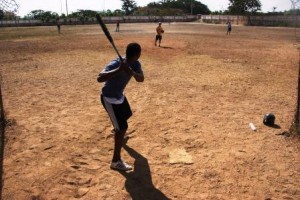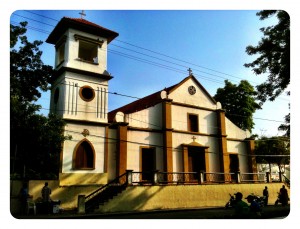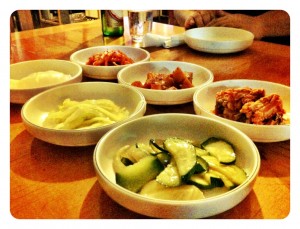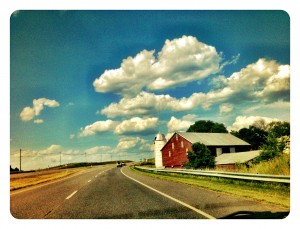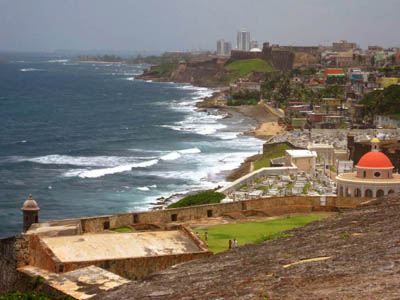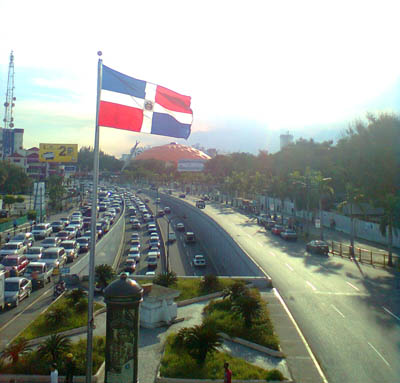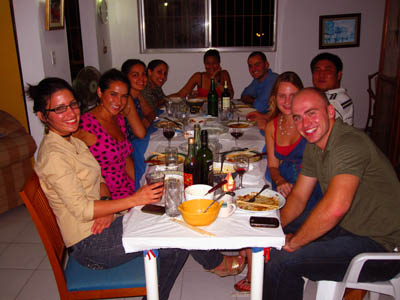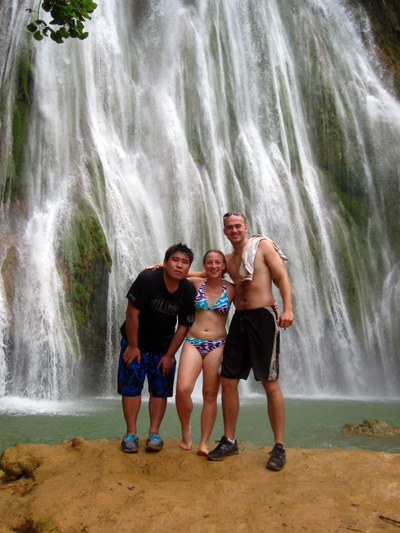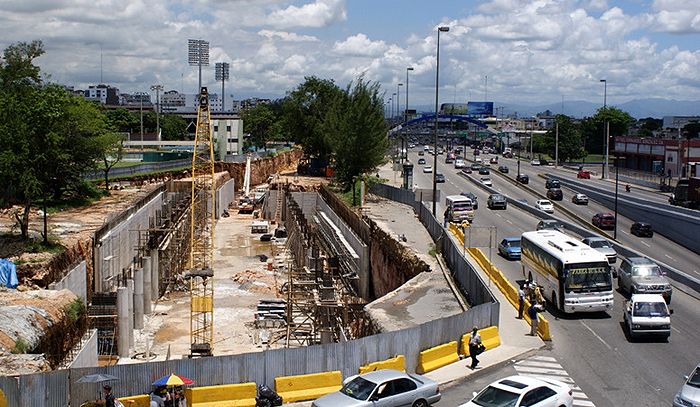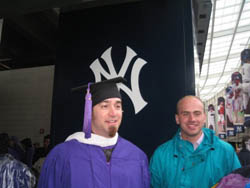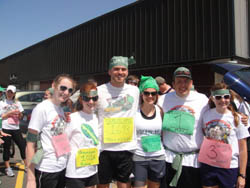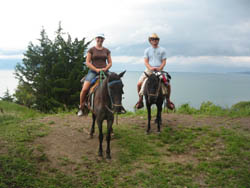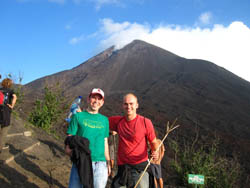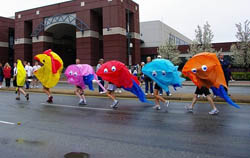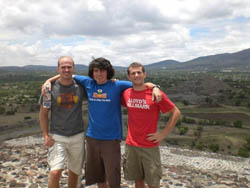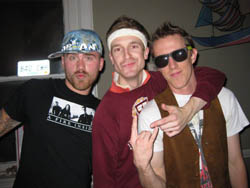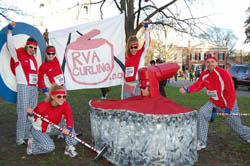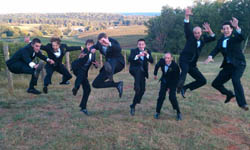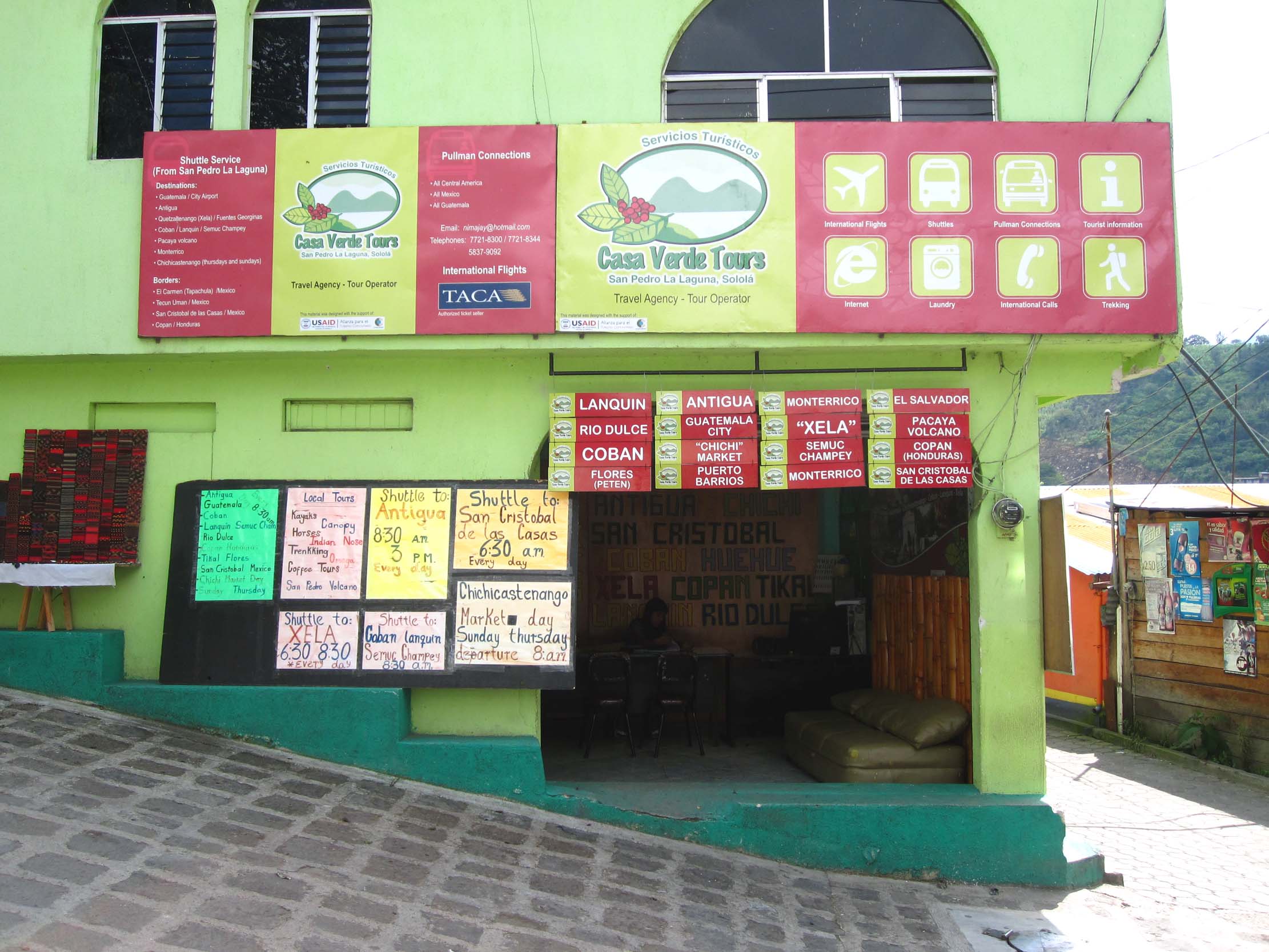When I was little, I loved to run, just for the sake of running. I think there’s something beautiful about running with reckless abandonment, without worry, and simply for the joy of how the wind rushes past your face as your own energy carries you forward. I used to run with a simple passion: to be in motion. I ran fast because there was nothing to lose, and everything to gain. The faster I ran, the more I felt alive, the more I wanted to keep going, and the energy inside me kept growing, and I was always amazed when I looked back, because I was able to see the great distance I had traveled.
“What Are You Running From?”
Quite a few people have asked me this question over the past year: “What are you running from?”
I think it’s a fair question. Sometimes, when people choose to quit a job, leave the country to travel and start a new chapter of their life, they are trying to escape something.
I never saw this life decision to leave Richmond to travel, learn Spanish, and volunteer in an international organization as an escape. My life in Richmond was good, and God blessed me with an amazing life. I had an apartment with awesome roommates, I played on a successful soccer team, I attended a solid church and had a good community there, and I liked my job and the people I worked with.
The Real Question: “What Are You Running Toward?”
So when people asked me the question, “What are you running from?” I usually responded with “You mean, what am I running toward?”
I think this is an important distinction, and maybe a suggestion on how to handle a major life event, so I’ll say it now: “When you have a good idea of where you’re going, run toward it.”
See, I think that most times when we choose to make a big decision, we kind of creep toward it, unsure of how it’s going to pan out. We’re afraid of how it will change our lives, our friendships, and our comfortable living situation. I think this anxiety comes from a good basis, and it is important to seek advice and wisdom from the good Lord, your friends, your peers, and your family – the kind of people who know you, and can tell you if they think this fits in with what “you” are all about. But once you know where it is you’re going, do you wait for someone to take you, slowly walk toward it, or do you run?
It was a little more than a year ago that I chose to leave Richmond to pursue volunteering opportunities overseas, and almost immediately I felt that I was on the right track. It was as if I was swimming against the current for awhile, and as soon as I started heading in a different direction, everything became easier. I could feel the wind at my back.
I set up the plans to finish my job in July, and to head to Nicaragua to work with my church at an orphanage in Managua, and then onto Spanish school in Guatemala. It all just seemed to fit in place. And here I am in Santo Domingo, Dominican Republic, ready to volunteer with HOPE International.
Run Like There is a Tomorrow
Now that I know where I’m going, I want to run like I used to run, without worry, without pain, just fully and passionately alive and full of joy because I am in motion.
Maybe that’s the final point I want to make,
“When you have a good idea of where you’re going, run toward it and sprint with all that you’ve got inside you. Run without worry, or fear, and run like you’ve got everything to gain.”
It is only with energy, passion, and momentum that helps us get through the transitions in our life, but more importantly, they make the fuel that helps us get to where we’re going. And if we never let ourselves run, how far will we let ourselves go?
More importantly, if we let ourselves run, how far can we go?
Tomorrow is my first day in the office – me voy a correr . . .
—–
This post is dedicated to everyone who’s spurred me to run as far and as fast as I can. (And to you mom & dad, but I don’t have pictures of y’all on Facebook.)
Thank you, I love you all!
-Aaron

